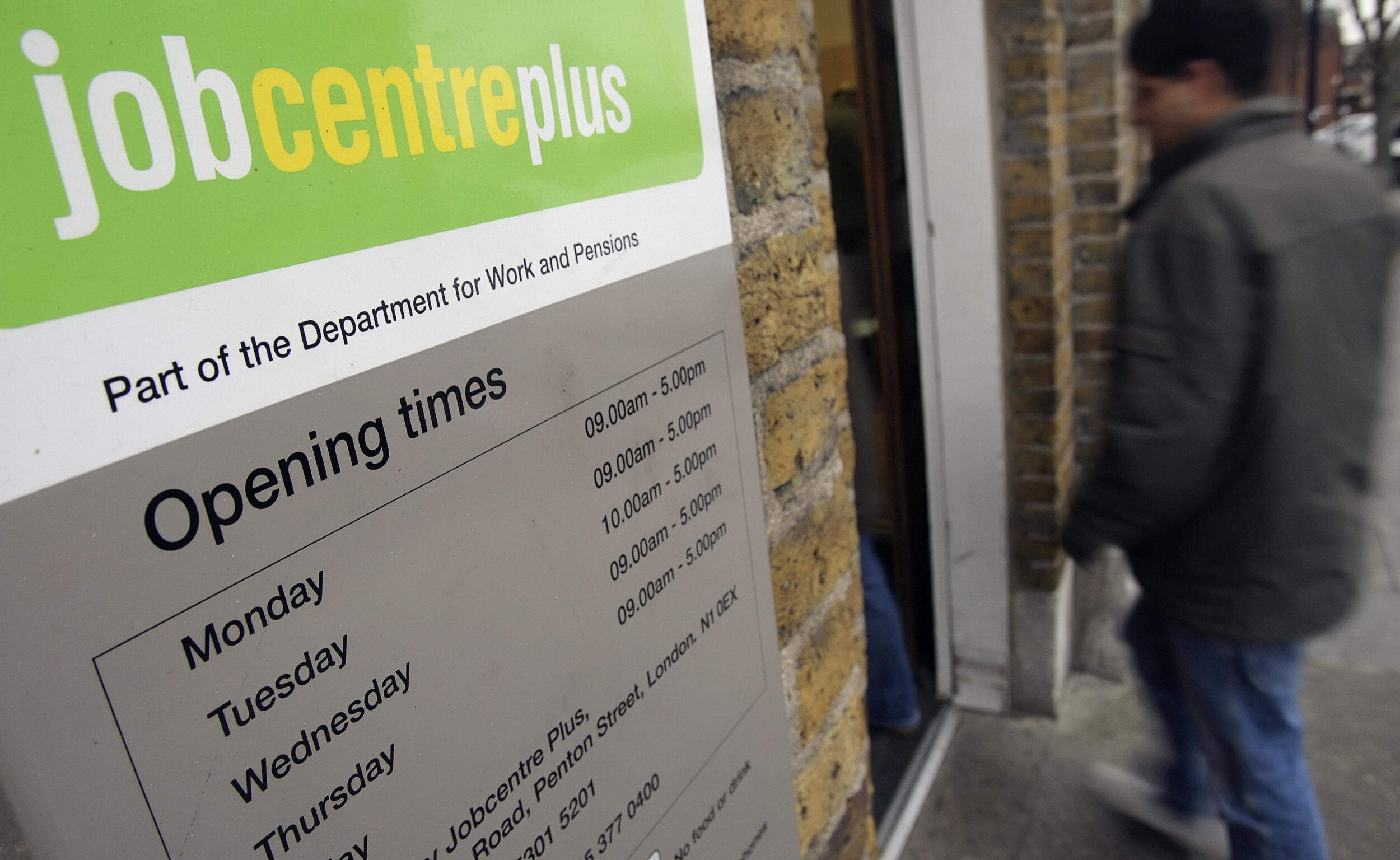
The first time Basic Income was pitched to me I have to admit I thought it sounded completely unrealistic. An unconditional payment to each individual, to support their full lives, whether working, studying, caring or being cared for? I remember sitting in Stalybridge Labour Club with a beer after a meeting, when my friend Gordon introduced me to the concept. “How else,” asked Gordon, “will we ensure sufficient support for people as they have to retrain throughout their working lives – not just for several different jobs, but for several different careers?”.
Gordon’s question is the right one, and it stuck with me. My outlook on politics is fundamentally shaped by my experience of growing up in the North East in the 1980s. The closure of entire industries, like coal and shipbuilding, had dramatic and fundamental consequences for the areas built around them. The same is true of the tragic situation in the steel industry today. I still believe the Thatcher Government’s abject response to deindustrialisation lies at the heart of many of the problems the UK faces today, such as low skills, worklessness, poor public health and so on. The UK spent a fraction of what a country like Sweden spent on education and retraining as traditional industries declined, and we have suffered the consequences.



